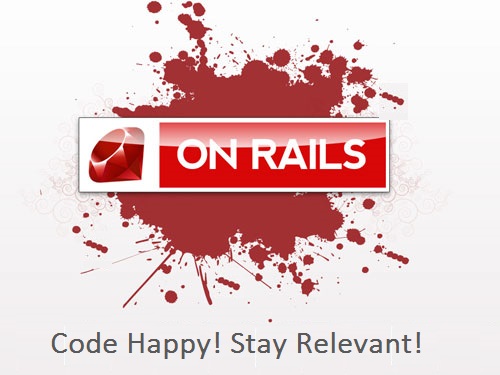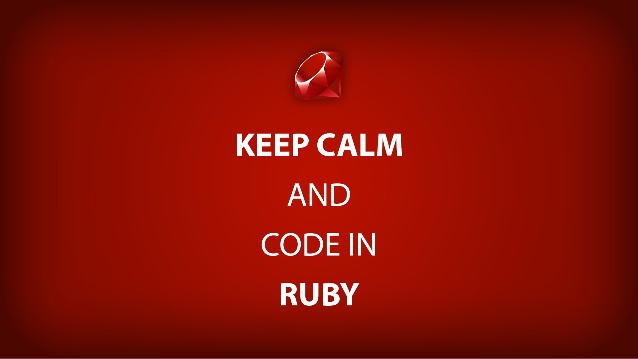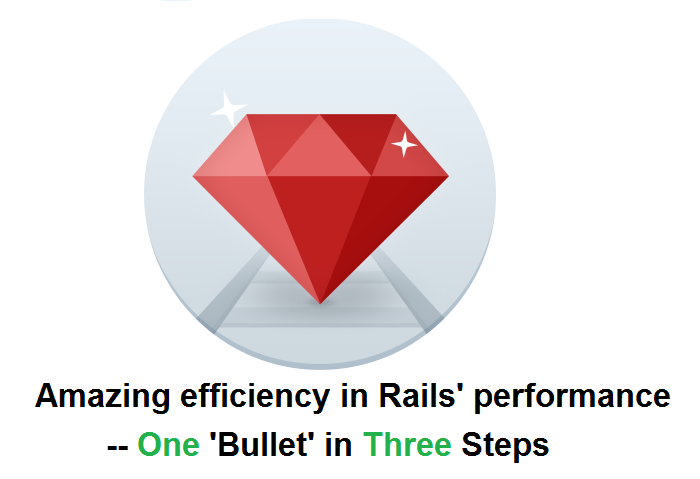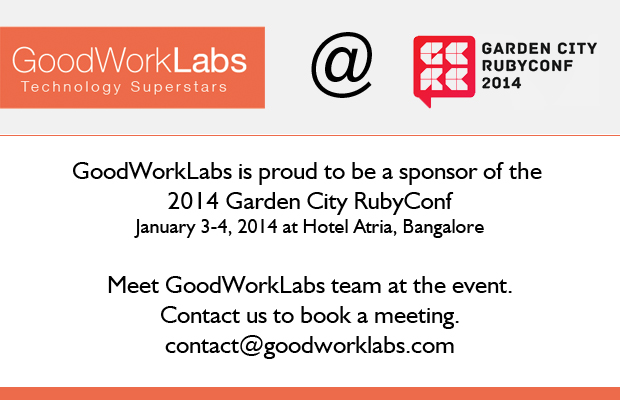How to Choose a Technology Stack for Your Business
The importance of choosing the right technology stack
The use of the right technology stack is the essence of a successful digital product. But choosing the right blend of technology is always tricky.
At GoodWorkLabs, we offer an expert tech consultation that is unique for every digital product in question. In this post, we have given a more generalized road to help you choose the right tech stack for your application. We are laying down all the possible options for your reference so that you can manifest the right blend for your brand.
Technology stack: Definition & Popular Technology
In layman’s language, web app development requires a database, a server, HTML+CSS, and programming language. All these layers put together, form a tech stack for web development.
Technically, a technology stack is a combination of components which satisfies all the layers of mobile or web application and can directly affect the app functionality. The anatomy here is very simple with two major layers:
- the client-side (frontend; the presentation, what the user sees)
- server-side (backend; the website’s functionality, processes)

Frontend frameworks and libraries:
1) Bootstrap:
- Customizable, saves time, easy to use with a bunch of other helpful components.
- Recommended when you are opting for a ‘mobile first’ application.
2) Angular:
- JS-based framework, good for projects with easy code integration
- New Angular 5 makes it easy to reduce the runtime with the built-in code optimizer
- It is recommended for developing single-page web applications, cross-platform mobile apps, landing pages, and common websites.
- Already used by Google, PayPal, and Upwork
3) Vue.js:
- JS framework which easily integrates with JS libraries
- It is recommended for large-scale and single-page projects.
- Already used by Alibaba, WizzAir, Grammarly
4) React:
- JS library for making user interfaces (UI)
- Active community with numerous ready-made components
- Quick development
- It is recommended for web applications or platforms which require a very responsive UI.
- Already used by Facebook, Reddit, Netflix
5) JQuery:
- JS library that is used for code optimization
Programming Languages:
- PHP:
PHP is particularly designed for web development and creating dynamic web pages. Though it had certain vulnerabilities, it is considered to be the most popular language. Also, as PHP based apps are easy to code, it means that you can cut greatly on expenses by saving time.
- JavaScript (JS):
JavaScript is a convenient, versatile and effective high-level programming language which can be used for both server-side and client-side code. It is recommended for dynamic, agile and modern websites.
- Java:
Java is well-documented and supports numerous libraries. It is used widely for both complex website and dynamic mobile apps. The popular frameworks are Hibernate, Grails, Spring, Dropwizard, and Apache Wicket.
- C#:
With the capability of processing heavy data flow and the flexibility to create all kinds of application, C# is a popular cross-platform technology among developers.
Backend frameworks:
1) Ruby on Rails:
- One of the popular tech stack among startups, ROR is perfect for all kinds of apps from basic web pages to high-traffic web portals.
- For developers, ROR is very easy to learn and use
- It is fast and scalable
- It uses DRY (“don’t repeat yourself”) design pattern and MVC concept (“model-view-controller”)
- RoR is already used by Airbnb, Basecamp, Twitch, Shopify, and Zendesk.
2) Django:
- Django is versatile and can be used for startups, medium-sized projects, and high-loaded websites. It is a clean, secure, fast, and scalable framework for rapid development. Along with being well-documented, it comes with its own lightweight server.
- Already used by Discus, Mozilla, Instagram, and National Geographic.
3) .NET:
- .NET allows developing any type of web app faster and making it scalable. It is very easy to add APIs and live communication features. It has an active community and is extensively documented.
- Already used by Xbox.com, Microsoft, Stack Overflow
4) Node.js:
- Node.js allows optimizing code on complex, high-performance, and data-intensive real-time apps. It is simple, fast, and expressive. It is recommended for apps that involve real-time streaming, collaboration tools, and chatting.
5) Express.js:
- As the name suggests Express.js is a minimalist, flexible, and resource-efficient framework which uses templates and requires minimum efforts. It is recommended for APIs and simple web and mobile services.
6) Flask:
- Flask is another well-documented framework with a highly active community. It is recommended when the client requires to build a service on a resource-constrained system. Also, it is good for serious websites and RESTful APIs.
Databases
1) MongoDB:
- MongoDB is a NoSQL, document-based database which can be used for storing large volumes of unstructured data. It can also be used in a cloud-based environment.
2) PostgreSQL:
- PostgreSQL has multi-version control and supports custom data types. Basically, it is an object-relational database with NoSQL features and is used for storing a gigantic volume of data (up to 32 TB per table).
3) MySql:
- The plus points of this most popular relational database are that MySql is highly scalable, easy to set up, cloud-reafy and is platform independent.
Popular technology stacks
You can also pick from already designed popular web stack. They have a solid foundation and you can easily customize them as per your requirements. The major tech stacks that have been used are LAMP(Linux-Apache-MySql-PHP), MEAN (MongoDB-Express.js-Angular-Node.js) and .NET.
- flexible
- cost-effective
- fast to develop
- customizable
- easy to find staff
- modern look
- scalable
- can serve big audiences
- several features
- choice of libraries is up to the developer
- uses over 60 tools to facilitate the development
- Angular and React templates
- portability and security
- less time for development
- choose other languages
LAMP alternatives:
- WAMP: Windows, Apache, MySql, PHP
- LAPP: Linux, Apache, PostgreSQL, PHP
- WISA: Windows, IIS, SQL, ASP.NET
- XAMPP: Linux, Mac OS X, Windows, Apache, MySql, PHP, Perl
- MAMP: Mac OS X, Apache, MySql, PHP
MEAN alternative:
- MEEN: MongoDB, Ember.js, Express.js, Node.js
Conclusions
The success of your project majorly depends on the tech stack that you choose in the beginning. With so many fishes in the pond, it is difficult to say which one will work best for you. But GoodWorkLabs can help!
Let’s discuss your requirements and compile the perfect tech stack for your next project. Drop us a quick message with your requirements and we will have our tech expert get in touch with you soon
[leadsquared-form id=”10463″]

































